Big business should lead coronavirus recovery: BHP
Mike Henry has called for big business to lead Australia’s post-pandemic economic recovery.
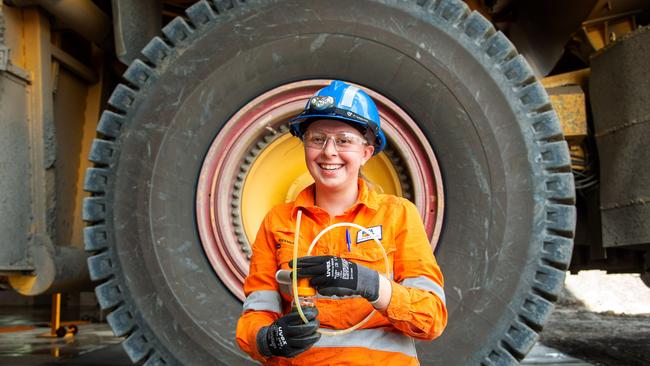
BHP chief executive Mike Henry has called for big business to lead Australia’s post-pandemic economic recovery and backed Scott Morrison’s push to drive down energy prices by unlocking gas supplies. Mr Henry — who will announce an $800m package on Thursday to fund 3500 new apprenticeships and trainees — said as a major employer, BHP must take a leading role in “helping Australia’s recovery”.
In an exclusive interview with The Australian ahead of next Tuesday’s budget, Mr Henry said “anything that gives a greater degree of certainty around fiscal settings” would be welcomed by the private sector.
“We’re not looking for any ask here. In fact, at this point in time we need to be looking at how we can support economic recovery because I agree with the PM that the recovery needs to be business-led,” he said.
Mr Henry said budget measures focused on building skills would set-up the “ultimate route to productivity” and endorsed an investment allowance to drive capital expenditure as businesses recovered from the pandemic.
BHP, which employs 45,000 Australians and injects $33.4bn into the economy through jobs, suppliers, taxes, royalties and community investments, is moving to increase the company’s apprentices and trainees by 2500 through a $300m boost for its FutureFit Academy. A further 1000 places will be offered in regional areas to boost skills development opportunities.
Mr Henry said a strong resources sector would deliver a “multiplier effect” supporting smaller businesses and suppliers.
With the Prime Minister flagging the need to plan for Australia’s future economy and overhaul skills and training priorities, Mr Henry said BHP’s investment in apprentices and trainees would “create a pipeline of future talent in highly skilled roles”.
BHP will also commit up to $450m on contracts with mining, engineering and technology services companies to grow the sector, which is being prioritised under the Morrison government’s manufacturing strategy.
In a letter to Mr Morrison in July, Mr Henry said BHP had identified a “number of areas where we believe we can make a meaningful investment and commitment” in skills and apprenticeships and also accelerate development of the METS sector.
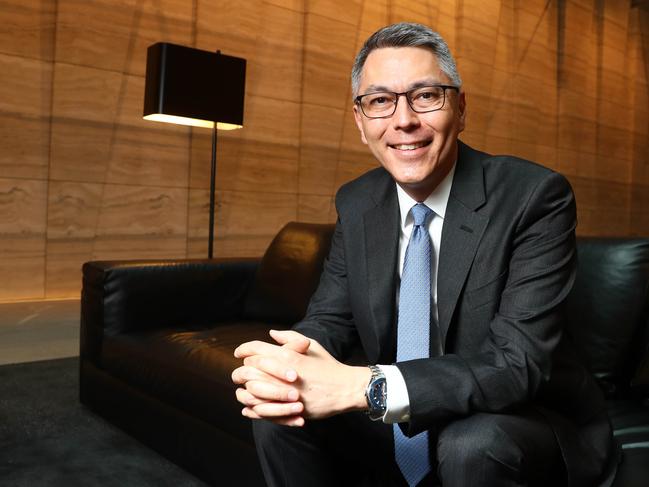
“We, of course, recognise that the most important contribution we can and will make is to continue to directly invest in our business and employ Australians,” he wrote.
“BHP’s ongoing capital investment in Australia over the next five years is likely to be more than $25bn as we continue to develop the projects that keep our company and the nation at the forefront of providing the world’s commodities.
“The METS sector is already an important part of the Australian economy and has a deep indirect multiplier effect over many parts of the nation’s industrial base. A focused effort from industry and government to build on the natural advantages and strength of the Australian METS sector can, we believe, play a positive role in Australia’s post-COVID-19 recovery.”
Responding to the federal government’s gas-led recovery energy plan, Mr Henry on Wednesday said the focus on delivering “reliable, affordable energy whilst meeting the nation’s need to get emissions down” was critical for business.
He also said “anything that can be done to open-up more supply in gas” would help drive down energy costs and that BHP was also focused on renewables after the company recently announced a deal for its Queensland operations to source half of its electricity supply from renewable power.
“Solving the energy trilemma is something that’s going to require all levers being pulled.”
With Treasury predicting falls in iron ore prices by the end of the year, Mr Henry said he expected the market would hold up into next year and flagged a recovery in coal exports.
“We think there’s a number of signs there, at least in the coming few months, for prices to remain strong,” he said.
“As we move into the medium term, we think prices will come down and that will be driven by increased supply coming out of Brazil, which is the major competitor for the Pilbara when it comes to iron ore supply. And we have seen them starting to increase production again.”
Mr Henry said coal prices, in recent weeks, had experienced recovery as economies recovered in India and Europe. “Iron ore will remain strong for a period of time but then begin to come off but at the same time we’re starting to see a recovery in coal.”


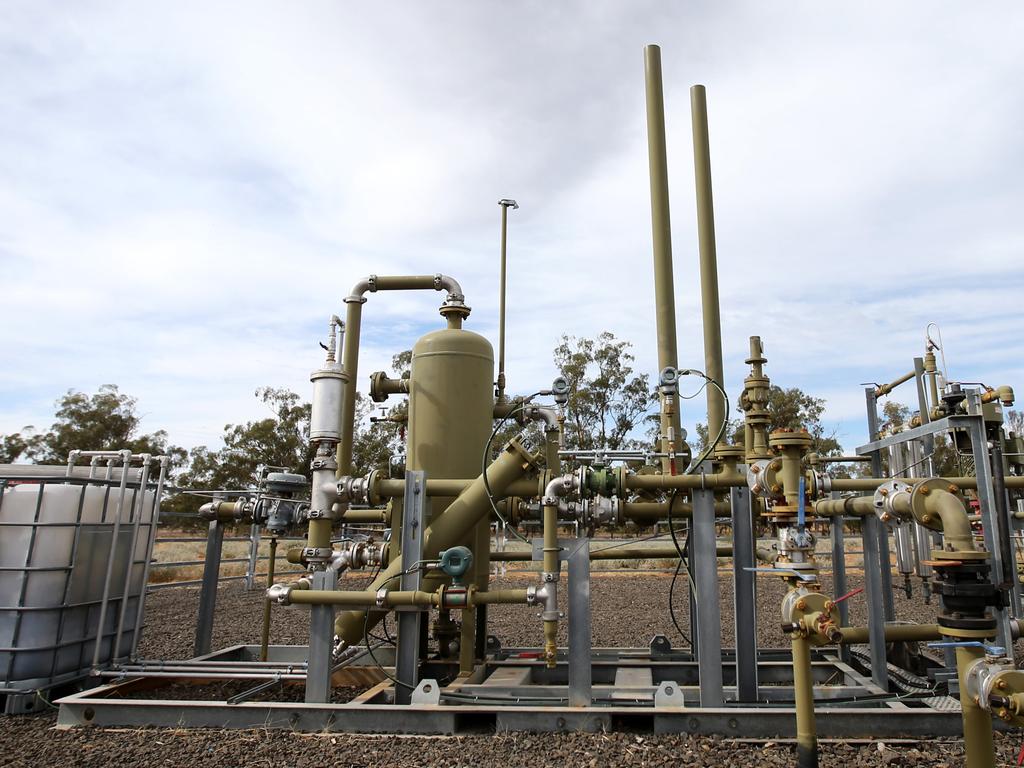
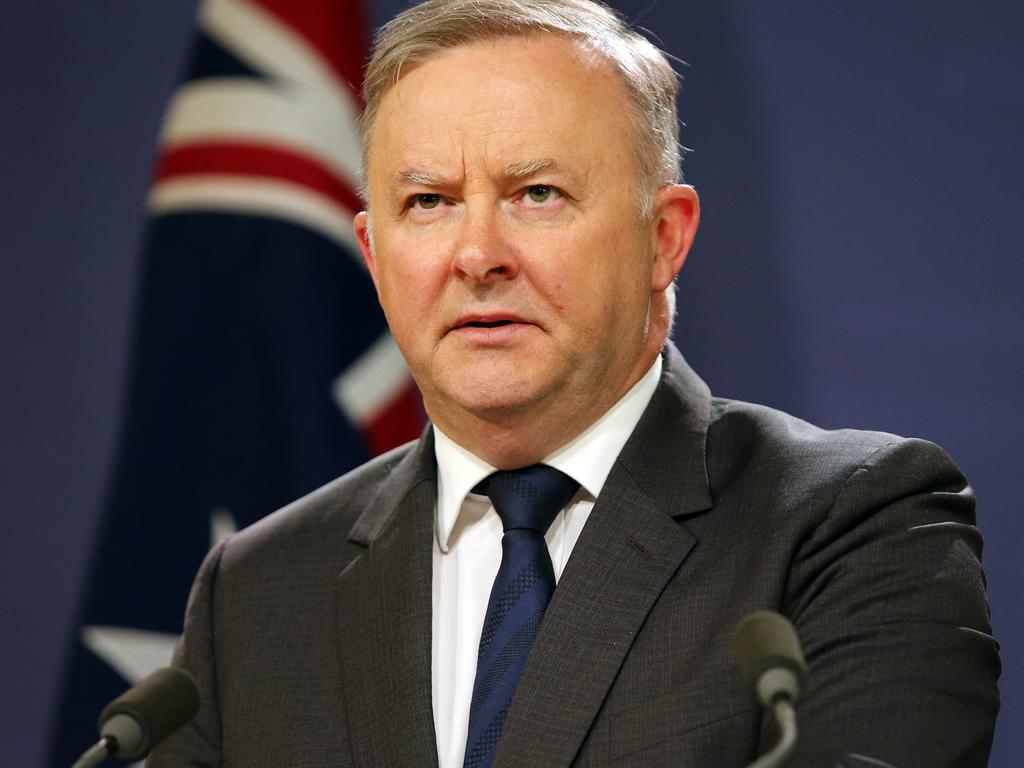

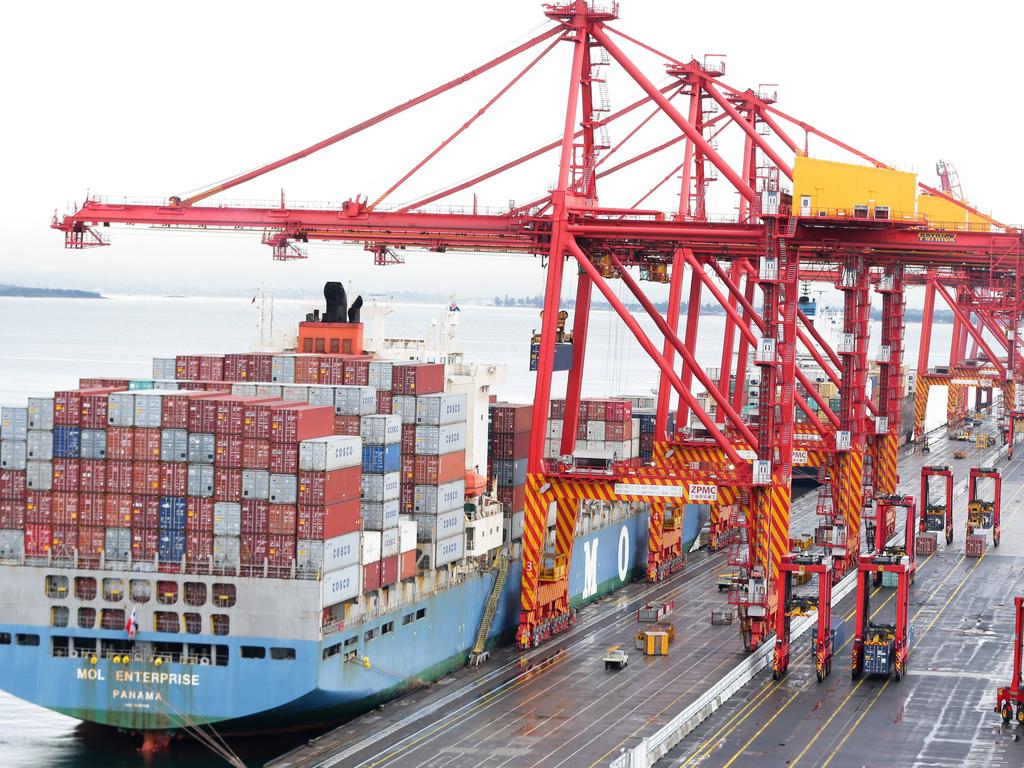
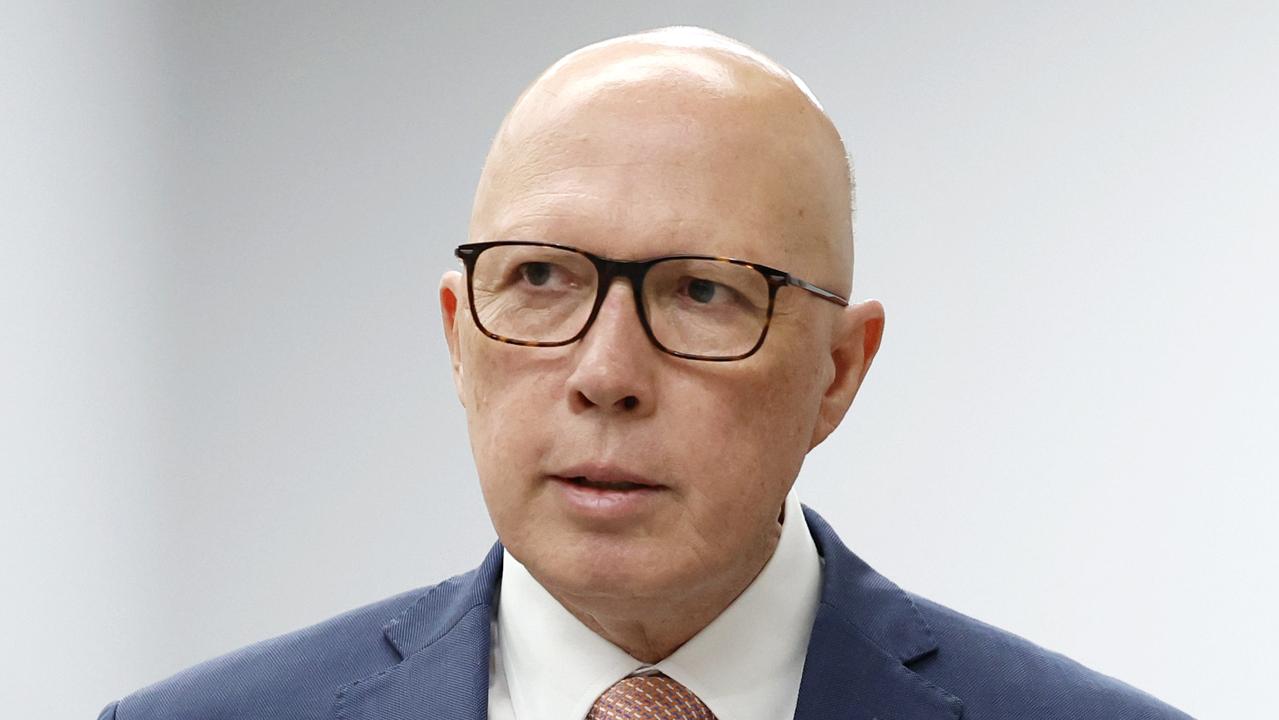
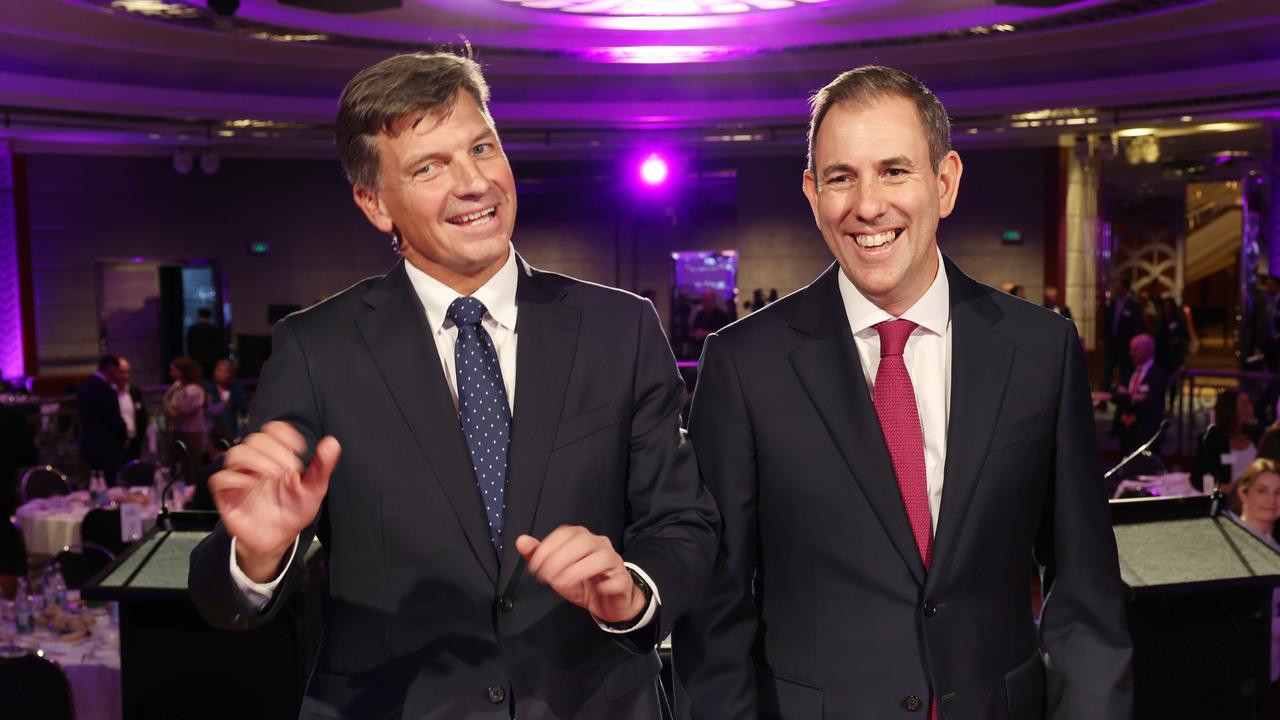
To join the conversation, please log in. Don't have an account? Register
Join the conversation, you are commenting as Logout